Raise A Reader
 Monday, September 17, 2012 at 5:32PM
Monday, September 17, 2012 at 5:32PM  As a Mom and an educator, early literacy is very important to me. Every year, I put myself behind Canada.com's Raise A Reader campaign. This very important campaign aims to raise much needed funds for early literacy initatives and to create awareness of the importance of literacy in young people.
As a Mom and an educator, early literacy is very important to me. Every year, I put myself behind Canada.com's Raise A Reader campaign. This very important campaign aims to raise much needed funds for early literacy initatives and to create awareness of the importance of literacy in young people. This year, Raise A Reader day falls on Wednesday, September 19
The premise behind Raise-a-Reader is simple: if children know how to read, it helps ensure their success as adults. The higher someone's literacy level, the more likely that person is to be employed and have a higher income. Plus as parents, aunts and uncles the world over know, a child discovering the joy of reading is one of life's great pleasures.
great pleasures.
Ottawa has a wonderful library system with over 20 locations as well as book mobiles. There is a program for everyone at the Ottawa Public Library from babies to teens and older adults.
Throughout the week, I will be tweeting and posting literacy tips on my facebook page.
Visit the Raise a Reader site and make a donation today.
- Read to and with your children for 30 minutes every day.
It is very important to read out loud to your children before they start school. Help your children read with you. Ask them to find letters and words on the page and talk with your children about the story.
- Talk with infants and young children before they learn to read.
Talk with your children all day long, using short, simple sentences. Talking with them even before they can speak will help them later when they learn to read and write.
- Help your children read on their own.
Reading at home helps children do better in school. Have lots of children's books in your home and visit the library every week. Help your children get their own library cards and let them pick out their own books.
- If your child has a developmental delay, your child may find reading frustrating.
Have books on tape in your home. Borrow or buy a tape player that is easy for children to use. If you can't find tapes of your child's favorite books, you or a family member could make recordings of the books for your child to listen to while looking at the books.
- Help your child see that reading is important.
Suggest reading as a free-time activity. Make sure your children have time in their day to read. Set a good example for your children by reading newspapers, magazines, and books.
- Set up a reading area in your home.
Keep books that interest your children in places where they can easily reach them. As your children become better readers, make sure that you add harder books to your collection.
- Give your children writing materials.
Children want to learn how to write and to practice writing. Help them learn by having paper, pencils, pens, or crayons for them in your home. Help your children write if they ask you. If your child has a special learning or physical need, regular pens and pencils may not be the best choice. Ask your pediatrician or people who work with your child at school or at the child care center to suggest other writing materials your child can use.
- Read and write with your children in their native language.
Practicing their first language will help your children learn to read and write English.
- Talk with your children as you do daily activities together.
When you take your children places, talk with them about what you are doing and ask them questions. If your child cannot hear, use whatever form of communication your child usually uses.
- Ask your children to describe events in their lives.
Talking about their experiences makes children think about them. Giving detailed descriptions and telling complete stories also helps children learn about how stories are written and what the stories they read mean.
- Restrict the amount and kind of TV your children watch.
Watch educational TV programs with your children that teach letter sounds and words or give information about nature and science.
- Keep track of your children's progress in school.
Visit your children's classrooms to learn how your children are doing in school and how you can help your children become better students. Ask about the school's reading program and where your children need help.
- Become a reading tutor to a child in your neighborhood or from your local elementary school.
Volunteer to read with or to a child for 30 minutes a week for at least eight weeks. Take the child to the library to get him or her a library card






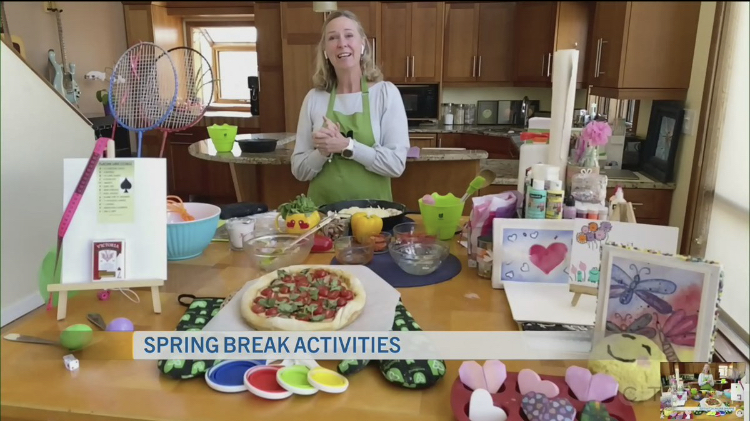
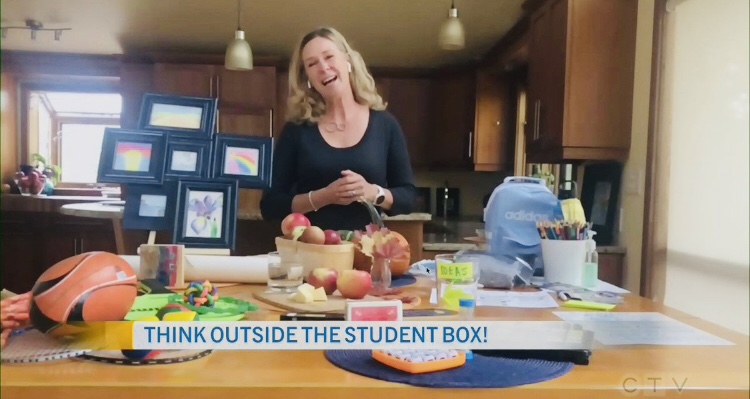

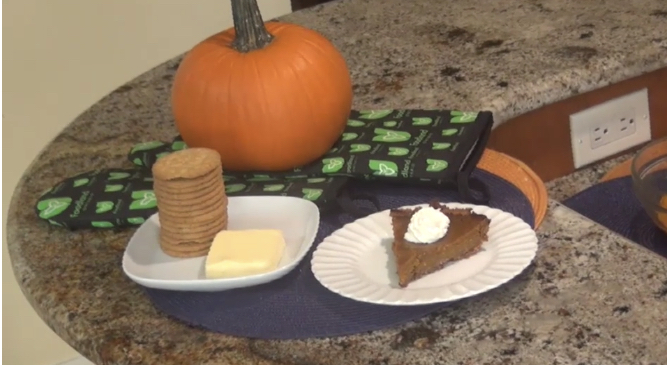
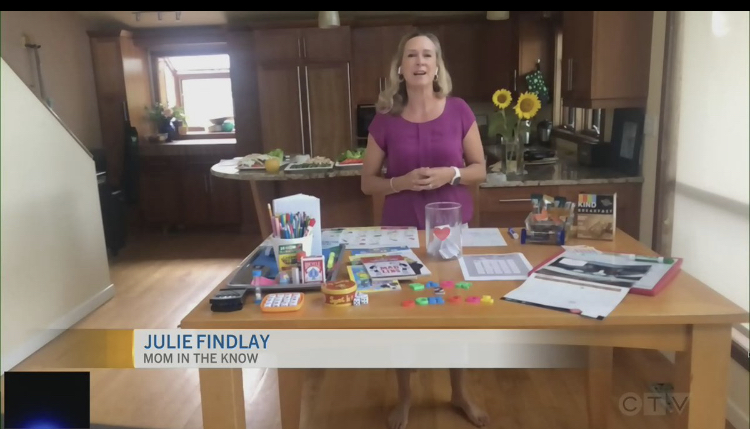
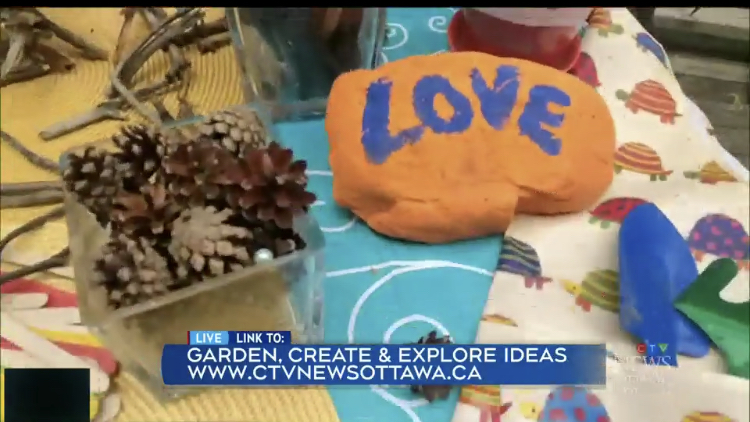

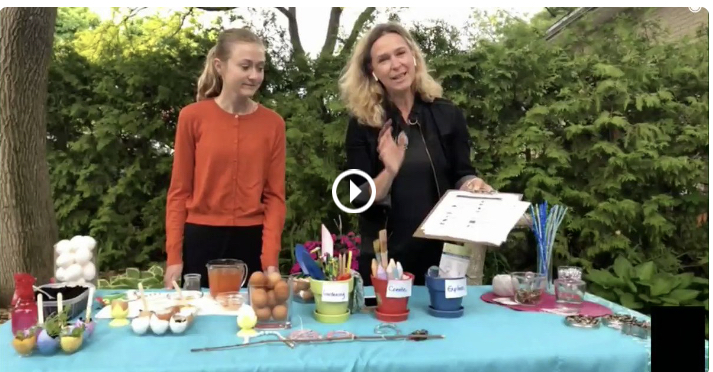
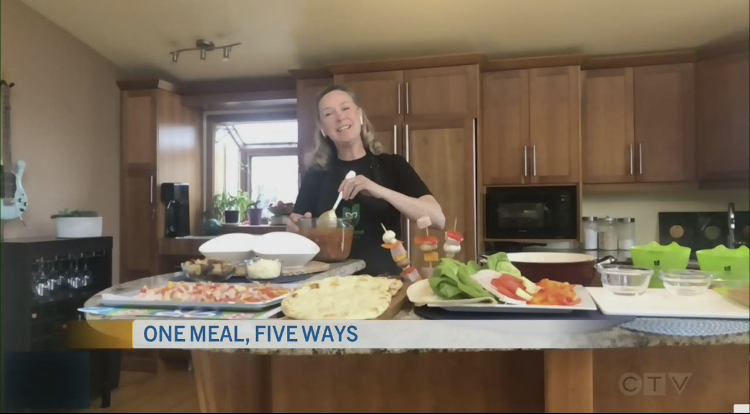

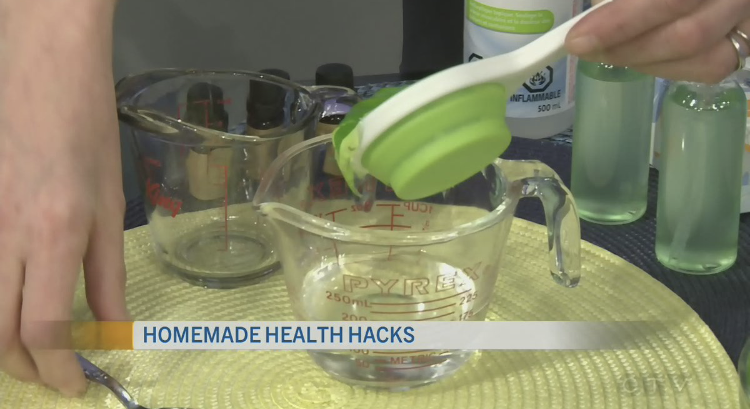


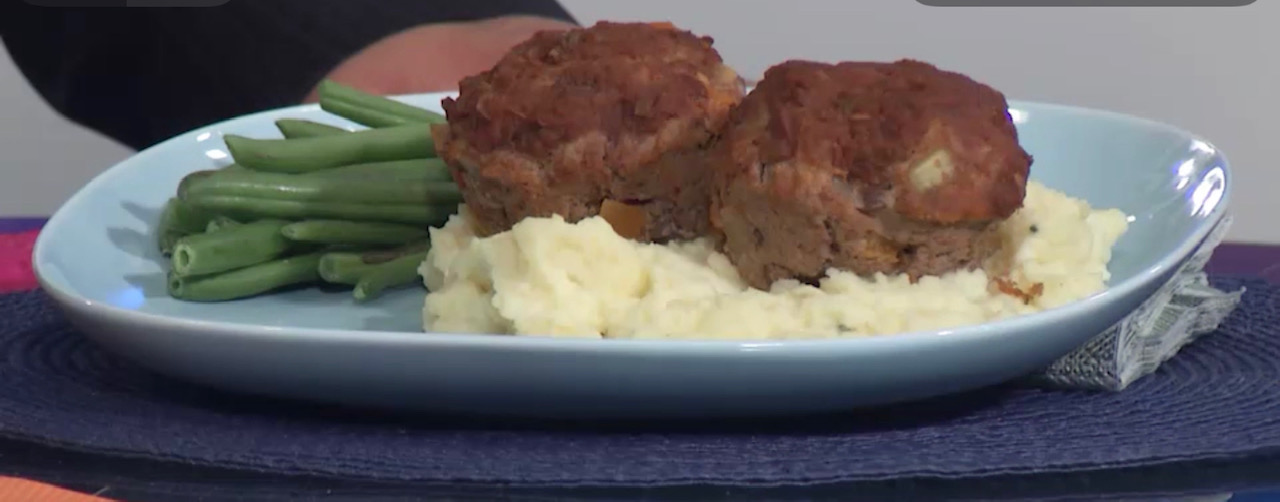




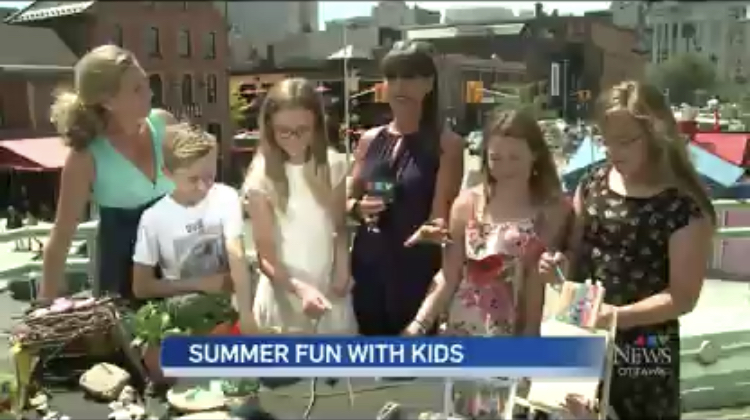




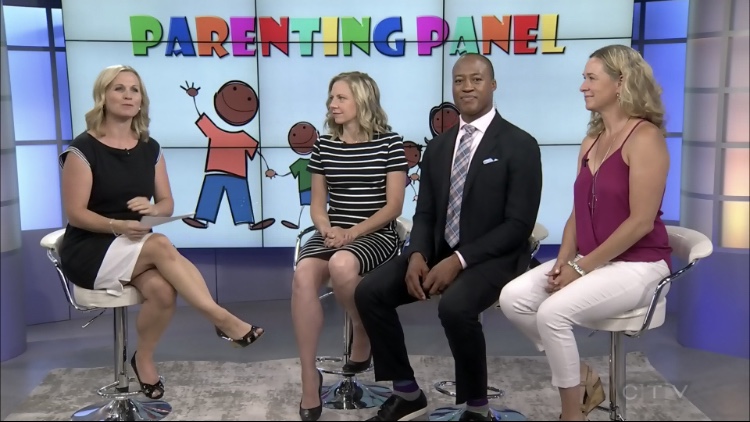


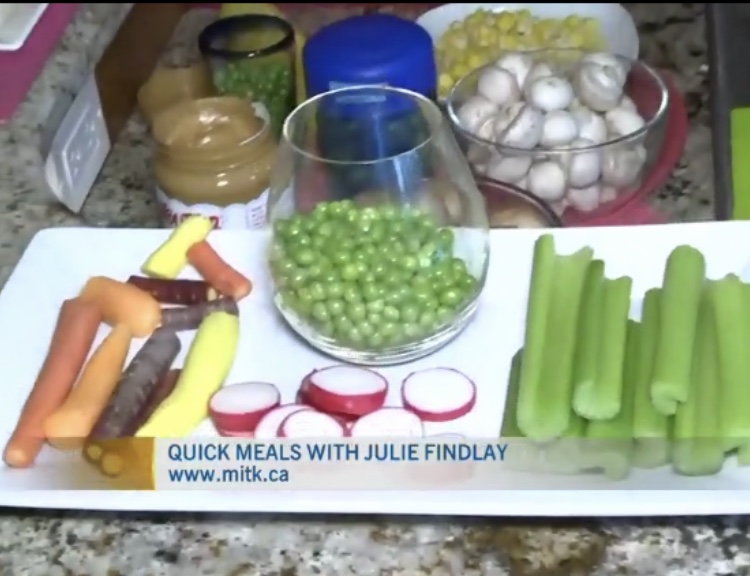
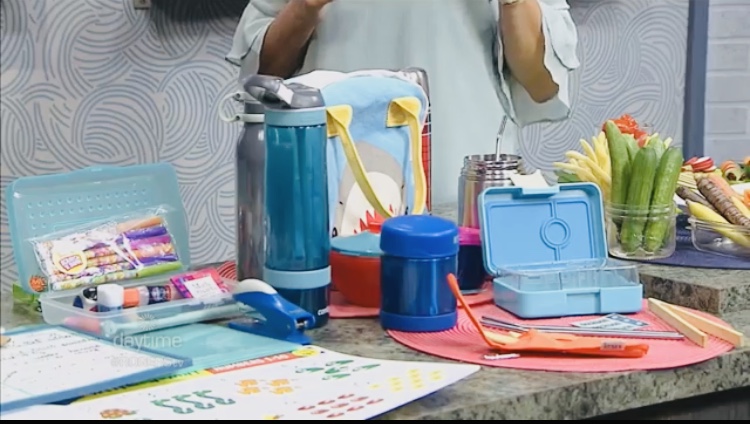


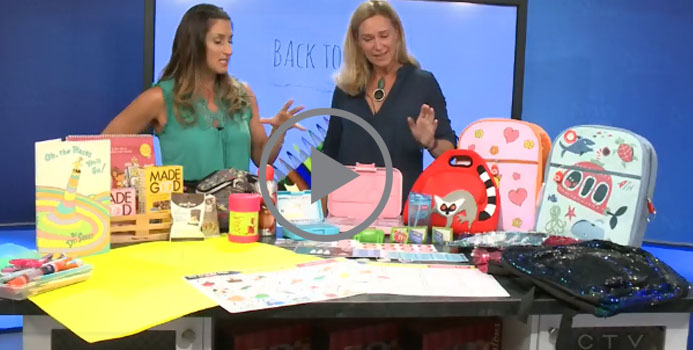
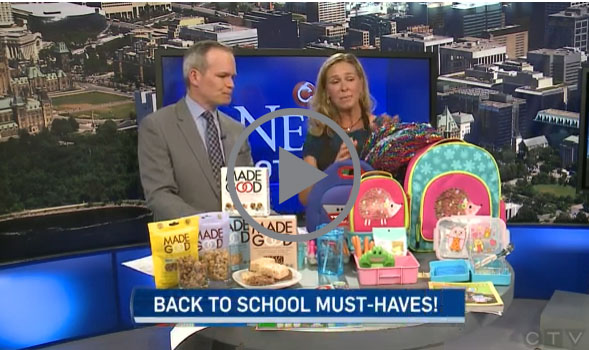


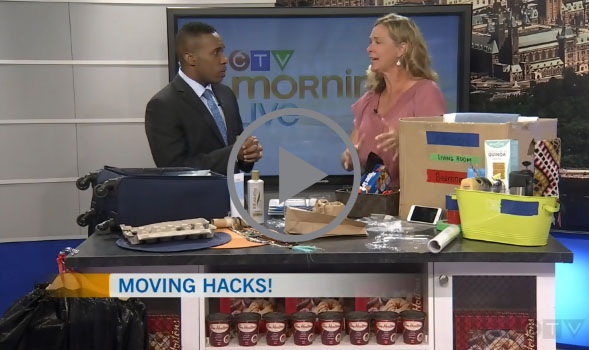


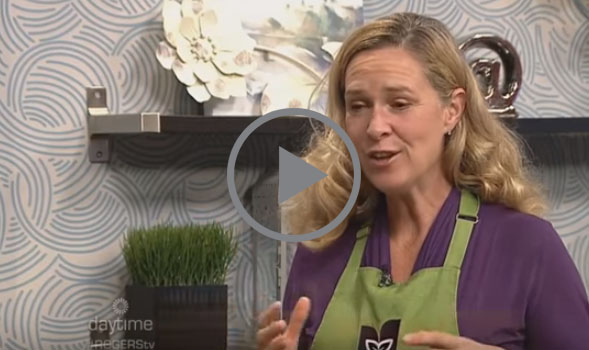







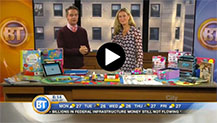









Reader Comments (1)
On CTV, you mentioned books on CD (read along stories). I've been searching for some and having trouble locating these that don't need to be shipped from US with outrageous shipping rates. Can you tell me if you've located many locally? Chapters doesn't have a great selection either. Thanx